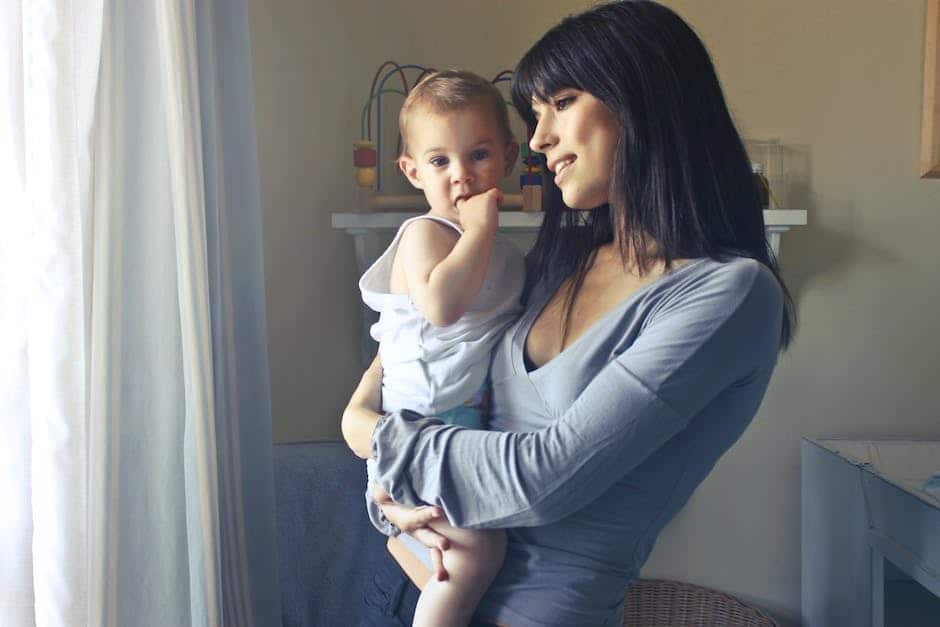What Is Social Anxiety Disorder and How Does it Feel?
The next big event is coming up. Say you are required to attend a work conference in person. Maybe you got invited to a holiday event with a large group of friends. Perhaps your spouse’s family reunion is coming up, and you are completely dreading it. Whatever it is, you were feeling just fine before you said you would make it. Is this social anxiety?
Now you have to pull yourself out of being a major introvert. You will soon have to engage in conversation with others that you have not seen in quite some time with the added effort of meeting new people. The feelings of avoidance start to set in shortly after you confirmed your attendance. Now you are sitting there thinking, “Do I have to go?”
Taking a Further Look
According to the National Institute of Mental Health, revised in 2022, social anxiety disorder was once called social phobia. A person may show fear of being criticized in social situations. Especially around people we have never met. The individual may feel nervous about receiving scrutiny from others. Feeling self-conscious in public is expected. Experiencing anxiety over acting in a certain way that may come off as embarrassing is also quite common.
Approximately 29.9% of adults this past year had serious impairment from social anxiety, while 38.8% were affected at a moderate rate. Adults were mildly affected at 31.3% this past year.
How Does Social Anxiety Feel for Adults?
It starts with the nights counting down to the special occasion. Losing sleep before the following day can be exhausting. Yet you need sleep to prevent the terrorizing brain fog. You may feel frustrated because you are distracted from daily tasks just thinking about the upcoming event. As a result, you take a deep nap hoping sleep will put out the negative thoughts. Social anxiety can feel paralyzing.
Sometimes it can be hard to come up with the right words to say for fear of judgment. Making eye contact can be extremely awkward. The fear is so strong this can cause you to stutter or mispronounce your words. You then feel humiliated. Now that everyone can sense you are anxious, it makes your symptoms worse. Maybe you want to leave the event early or hide in the bathroom. Perhaps taking a quick break to grab something from your car or stepping out to make a “phone call” will give you relief. Not to mention the sweaty hands before the typical introductions and handshakes.
Often, when in these uncomfortable situations, you may have a drink to loosen up and release the tension of social anxiety. This may seem like a resolve, but only lasts so long, and with repeated use, puts you at risk for developing substance use disorder (SUD).
Symptoms of Social Anxiety in Children
Nearly every symptom of social anxiety can interfere with work, school, relationships, and daily activities. Social anxiety disorder often begins in the start to mid-teen years. Children and young adults can also develop this condition. Though children may express anxiety with adults and peers through:
- Having temper tantrums
- Clinging to their caregiver
- Refusing to talk in social situations
What Causes Social Anxiety Disorder?
The cause of social anxiety disorder most commonly stems from biological and environmental circumstances such as:
- Inherited traits: Genetics
- Brain structure: Overactive amygdala
- Environment: Unpleasant social situation in the past
- Poor role models: Learned trait
Depending on the severity of the condition, our nerves may feel like a ball and chain until we are alone in our safe haven. Even then, we may want to curl up and relive every moment from the social event in our head, just replaying the embarrassing moments in our minds. Social anxiety can cause us to isolate ourselves, think suicidal thoughts, and partake in substance abuse. The complications can be debilitating for the individual who is suffering.
Getting Effective Help
Social anxiety disorder will try and take charge of your life but do take comfort in knowing the symptoms will get better in time with the right treatment. Learning how to manage your condition will bring you great relief. Try and take the focus off your negative thoughts and take deep breaths in moments of panic. Get out of your shell and gradually start to attend more social events for practice.
The difficulties can make you feel alienated from the rest of society. Therefore, you might feel embarrassed to reach out for help. With already having a social anxiety disorder, you may feel nervous to research services that provide support, but you are not alone.
If you are seeking professional help, psychotherapy such as cognitive-behavioral therapy (CBT) can bring you great benefits. It is commonly used to treat social anxiety disorder. Research support groups to get in touch with others struggling with the same symptoms. These can remind you you are not alone and there is hope.
By understanding what social anxiety disorder is, learning to recognize the signs and symptoms, and following life tips to help manage your condition, you will stay strong and feel confident in social settings. Here at Grace Recovery TX, we are here to help you with your recovery from addiction and mental health problems. Our team will provide you with ongoing support, from meetings to referrals and more. You will be in a setting surrounded by others in similar situations who care deeply about you and your healing. We want to help you find comfort in all spaces and social gatherings. To learn more about our offerings, call us at (737) 237-9663.






